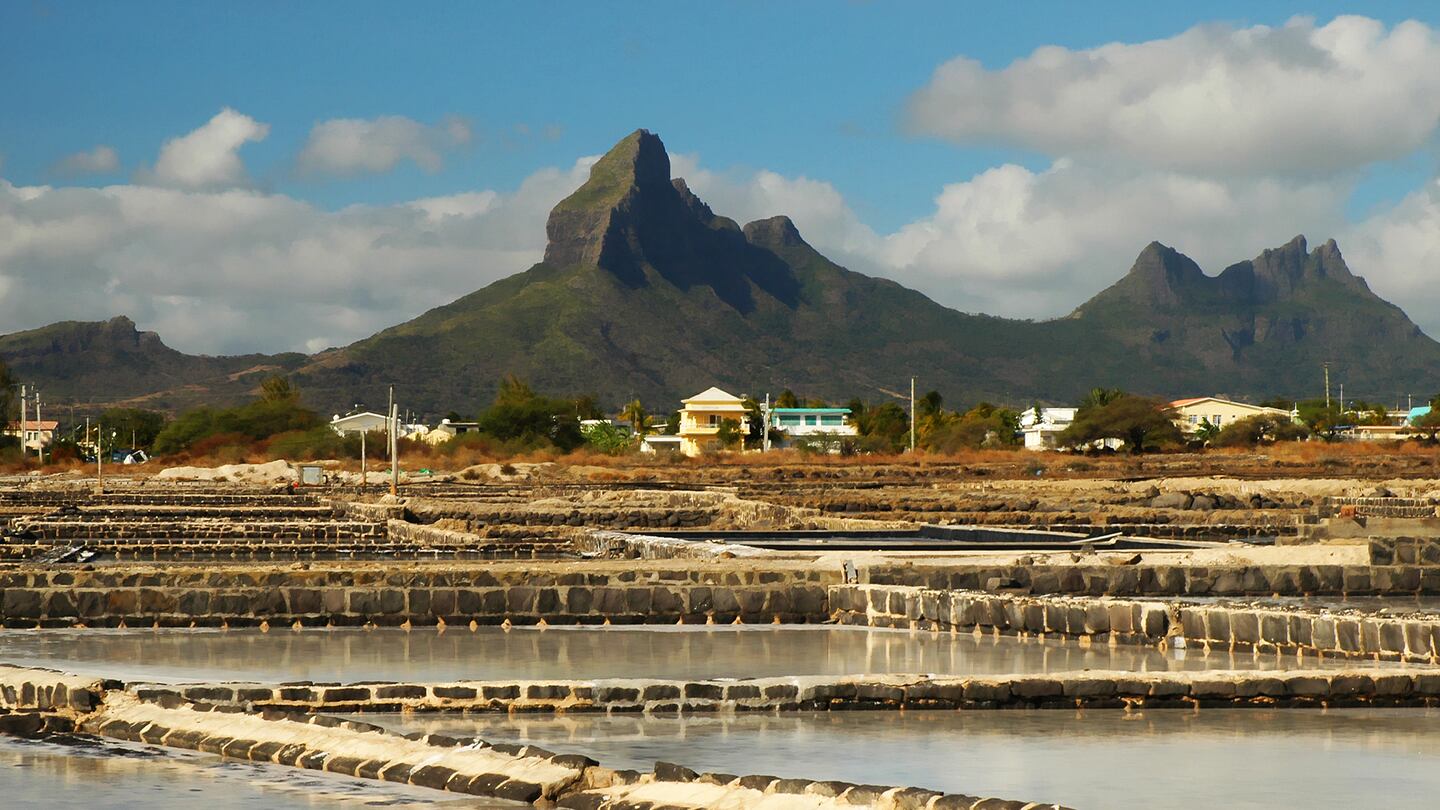
The Business of Fashion
Agenda-setting intelligence, analysis and advice for the global fashion community.

Agenda-setting intelligence, analysis and advice for the global fashion community.

Leading fashion brands including Barbour and PVH, which owns Calvin Klein and Tommy Hilfiger, have said they will pay £400,000 to garment workers in Mauritius after an investigation found that migrant workers were forced to pay thousands of pounds for their jobs.
Transparentem, a US-based organisation that investigates workers’ rights, looked into conditions at five factories in Mauritius and interviewed 83 workers in 2022 and 2023.
In a recently published report, Transparentem claims it found multiple signs of forced labour, defined as a form of modern slavery by the United Nation’s International Labour Organization. As well as workers paying illegal recruitment fees for their jobs, it alleges they were subjected to deception, intimidation and unsanitary living conditions – including having no access to clean drinking water, as well as cockroach and bedbug infestations.
The five factories supply brands including Boden, Asos and the Foschini Group, which owns Whistles and Hobbs.
ADVERTISEMENT
After commissioning their own audits of conditions at the factories, fashion brands including PVH and Barbour have said that they will reimburse workers at REAL Garments, one of the factories named in the report, up to £400,000 in illegal recruitment fees.
Ben Skinner, president of Transparentem, said: “Migrant workers showed great courage in bearing witness through Transparentem. To date, only three brands have shown by their actions that they really listened to them. The cost of reform is high. But the cost of failure to reform is higher.”
PVH said it was committed to ensuring migrant workers were reimbursed for recruitment fees and related costs.
Barbour said it was taking Transparentem’s findings seriously and was working with other brands at REAL Garments to resolve the situation as soon as possible. “As an immediate action, we have made a commitment to contribute towards the remediation of impacted workers,” it said.
“We are also expanding our audit processes to ensure that we do everything possible to prevent this happening in the future,” a spokesperson said.
REAL Garments also said it was taking the findings of the investigation seriously and had taken action to remedy the situation for its workers. “We confirm that all the remediations including repayment of local transportation fees have been completed,” it said.
The Foschini Group said: “We have investigated this in full and are comfortable that we have taken appropriate action.”
Asos and Boden did not respond to a request for comment.
ADVERTISEMENT
By Annie Kelly
Learn more:
On Labour Rights, You Get What You Pay For
With purchasing practices that undercut the cost of production, big brands are shortchanging workers and undermining their own commitments to operate more responsibly, according to a new study.
Traces of cotton from Xinjiang were found in nearly a fifth of samples from American and global retailers, highlighting the challenges of complying with a US law aimed at blocking imports that could be linked to forced labour in China.
The fashion industry continues to advance voluntary and unlikely solutions to its plastic problem. Only higher prices will flip the script, writes Kenneth P. Pucker.
The outerwear company is set to start selling wetsuits made in part by harvesting materials from old ones.
Companies like Hermès, Kering and LVMH say they have spent millions to ensure they are sourcing crocodile and snakeskin leathers responsibly. But critics say incidents like the recent smuggling conviction of designer Nancy Gonzalez show loopholes persist despite tightening controls.